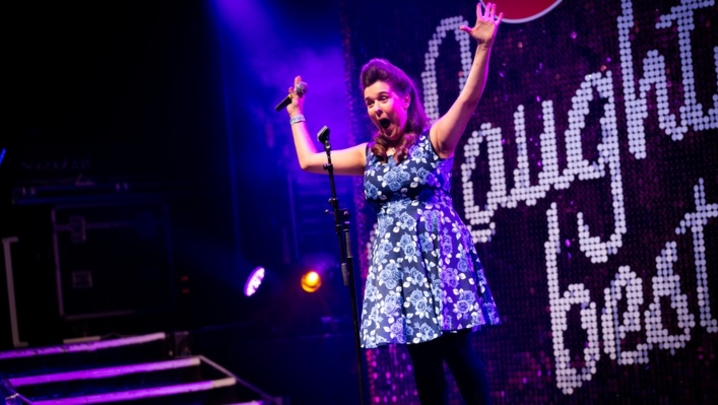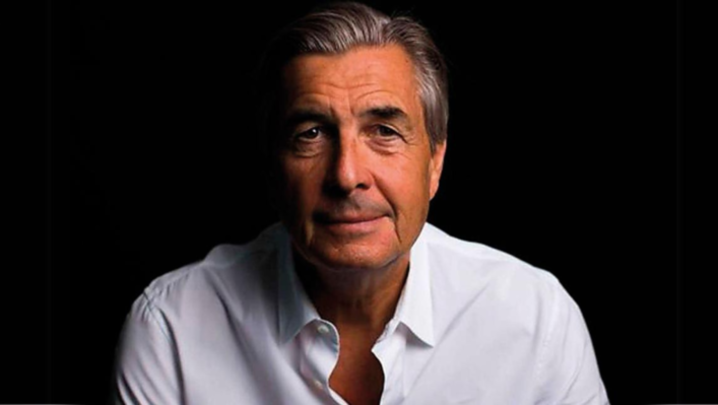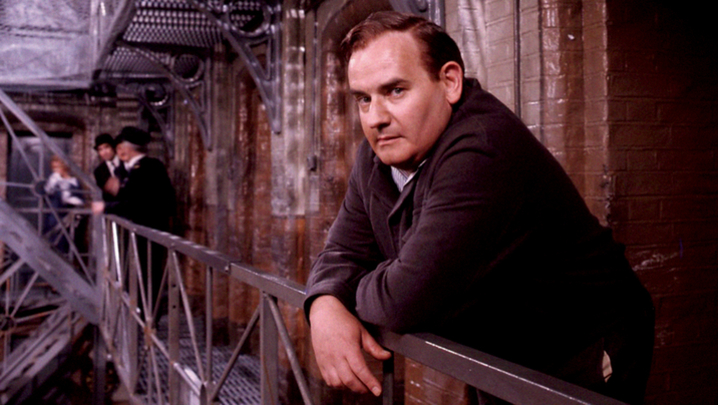A chance encounter with a flabbergasted Laura Kuenssberg and John Pienaar gives Armando Iannucci’s week a surreal edge.
I’m in a writing phase at the moment, and the trouble with writing is that it doesn’t lead to an exciting week of activities. Washing out a coffee cup and shouting at Iain Duncan Smith is about as stimulating as it gets.
Of course, I could always invent a seven-day sequence of events to make it look as if I’m constantly engaged in constant executive action. (I attended an abseiling away-day last Tuesday to discuss comedy’s future online while coming down the side of the Shard with Jon Thoday and Tony Hall. Then it was on to a Wednesday-night screening of Amazon’s new, 22-part Peter Morgan drama about the race to design the front and back of the first pound coin.) But the lies would quickly show through.
Besides, fakery is already a major worry in broadcasting, so why add to the mountain of falsehood?
I’m working on several projects at the moment. I know what I want to write – I’m just not too sure who I’m writing for.
Ten years ago, if you had a comedy idea you took it to the BBC or Channel 4. Now Sky, ITV, Dave and beyond are commissioning more comedy, while increased co-production with US or European networks gives each project a potential international audience.
The real revolution, though, is the screens. Now we can get online though our TVs. Netflix, YouTube, Amazon and, yes, BBC Three look like normal channels.
And as these screens get bigger and better, the divide between film and TV becomes more blurred. Hence, movie stars and movie production values come to TV shows, while films such as The Big Short ape the style of TV documentary.
It’s great for the viewer, and makes TV creatives feel loved again, but we mustn’t forget the traditional channels.
Since the audience for quality TV is growing, world-beaters like the BBC and Channel 4 deserve encouragement and expansion – not Westminster’s unambitious talk of restriction that seems to be the popular currency at the moment.
Talking of government editorialising, new guidelines are being issued on how the BBC should conduct itself during the EU referendum.
Of course, the BBC should be fair and balanced (I think there’s a little too much Ann Widdecombe on the BBC for my liking: she could do with savage cuts), but my hope is that even-handedness doesn’t lead to uneventfulness.
Too many voters are put off by interviews that are so painfully balanced that the interviewer sounds like Gollum talking to himself. “Mrs X is right, isn’t she, when she says that Europe is an unrivalled marketplace of ideas and freedom? But Mrs X, don’t you think Mr Y has a point when he says Europe is a nasty cesspit of Slavic scroungers? But surely that’s racist, Mr Y? Good point from Mr Y, Mrs X, it isn’t. Goodnight.”
The one bit of excitement this week was filming with Vic Reeves for a BBC documentary that he’s making about the Dada movement.
The Dadaists were radical nonsensicals and, for reasons too complicated to go into here, Reeves and I shot our discussion in the set of The Daily Politics, while cutting words out of newspapers to make a random poem.
It all ended with him chasing me through the BBC’s Millbank newsroom shouting “What is Dada?” while I ran away from him, crying “I’m not going to tell him” into my phone.
I don’t think any of them had been warned. John Pienaar hit the deck and Laura Kuenssberg looked more startled than she does when interviewing Iain Duncan Smith. But at least my week turned out to be more interesting than I thought.
Armando Iannucci OBE is a satirist, writer, director and radio producer.






